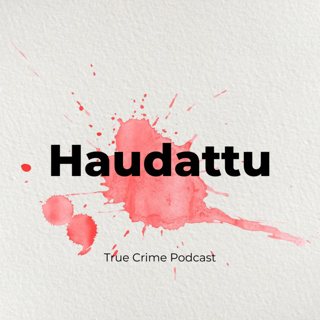
Creating the board game Catan
In 1995, Klaus Teuber’s board game Catan launched in Germany. The board is made up of hexagonal tiles, and it's a game about strategy and collecting resources.It's since sold over 40 million copies an...
26 Joulu 202510min

Tamagotchi is born
The Tamagotchi was first released in Japan in 1996 after it was developed by Akihiro Yokoi and his colleagues at his toy development company.Measuring just a few centimetres long, the egg-shaped digit...
25 Joulu 20259min

How the hoverboard was created
It was Back to the Future II that made a generation of children dream of travelling by hoverboard.In the 1989 film, the hero Marty McFly escapes from his arch nemesis Biff by jumping on a flying skate...
24 Joulu 202510min

Inventing Play-Doh
In 1956, one of the world’s most beloved children’s toys went on sale for the first time, but its origins were surprising.The modelling clay had started out as a household cleaning product. In the day...
23 Joulu 202510min

The invention of Jenga
It's just over 30 years since the brick game was introduced to the world at a department store in London. Made of 54 wooden blocks stacked into a tower in rows of three by three, each player takes a t...
22 Joulu 202510min

The first television opera
On 24 December 1951, in the United States, television history was made with the live broadcast of Amahl and the Night Visitors, the first opera ever composed specifically for TV.Written by acclaimed I...
19 Joulu 202510min

When Laurel and Hardy spent Christmas at an English pub
In December 1953, Hollywood film stars Stan Laurel and Oliver Hardy spent a few weeks at the Bull Inn, Bottesford, Leicestershire, while they performed a show at the nearby Nottingham Empire.Stan’s si...
18 Joulu 202510min

When Norway introduced salmon sushi to Japan
In the late 1980s, Norway needed a new market for its growing farmed salmon production. Fish-loving Japan and its lucrative sushi market seemed to fit the bill. But salmon was one fish the Japanese d...
17 Joulu 202510min





















